
By ANA IWATAKI
This week, residents of Little Tokyo will be forced from their homes. They will lose any of their belongings they are unable to carry with them. They will say goodbye to their friends, neighbors, and community.
This should be chillingly familiar and thus unbearable for our community. If we as Japanese Americans will each year claim a Day of Remembrance, or declare that Never Again Is Now, we cannot turn our backs on our unhoused neighbors.
I want to believe that fear will not cause us to forget the pain of evacuation and of incarceration, of our history.
On March 17, the unhoused residents at Toriumi Plaza will be subject to a sweep, which the American Civil Liberties Union describes as follows:
“A homeless sweep or ‘clean-up’ is the forced disbanding of homeless encampments on public property and the removal of both homeless individuals and their property from that area. Practices may vary between cities as to how much advance notice encampments are given before a sweep and what the city does with property collected during a sweep. Homeless sweeps are costly and ineffective and make homelessness worse, not better.”
We’ve seen all over the city that sweeps are traumatic to those who experience them. Their homes are utterly destroyed. People lose everything: clothes, blankets, IDs and other essential documents, medicine, wheelchairs, and more. If temporary shelter is offered, it is offered conditionally, on a timeline and under the threat of displacement. Permanently ending someone’s homelessness takes time, trust, and consent. A sweep offers none of those things, because its aim is not to end human suffering, but to hide it.
At this point, it is unlikely that this sweep can be stopped. But, our community can choose to actively make the sweep marginally less traumatic.
Remember the friends and neighbors who offered to store items for Japanese American families. Remember the practical and financial impact of these gestures, but especially their emotional and psychological impact. Remember what it meant to receive a show of sympathy, of care, of friendship.
Remember what it was like to be treated not as an enemy, but as a fellow human.
Our community cannot let the painful lessons of our history be forgotten. Our trauma cannot be in vain. Let us be those friends and neighbors to the unhoused residents of Toriumi Plaza.
Ana Iwataki is a curator, writer, translator, and organizer from and based in Los Angeles. She is currently pursuing a Ph.D. in comparative media and culture at the University of Southern California. She is writing as an individual and not as a representative of an organization. Opinions expressed in Vox Populi are not necessarily those ofThe Rafu Shimpo.
 Asian American Mystery Writers to Speak at Crowell Public Library, LitFest
Asian American Mystery Writers to Speak at Crowell Public Library, LitFest
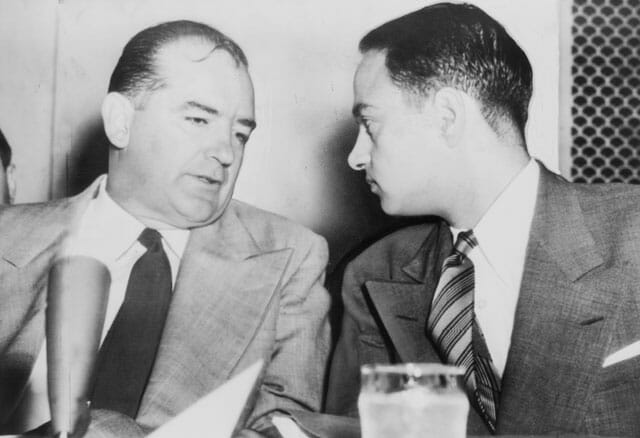 News From Nowhere Episode 11
News From Nowhere Episode 11
 Best free online courses from MIT
Best free online courses from MIT
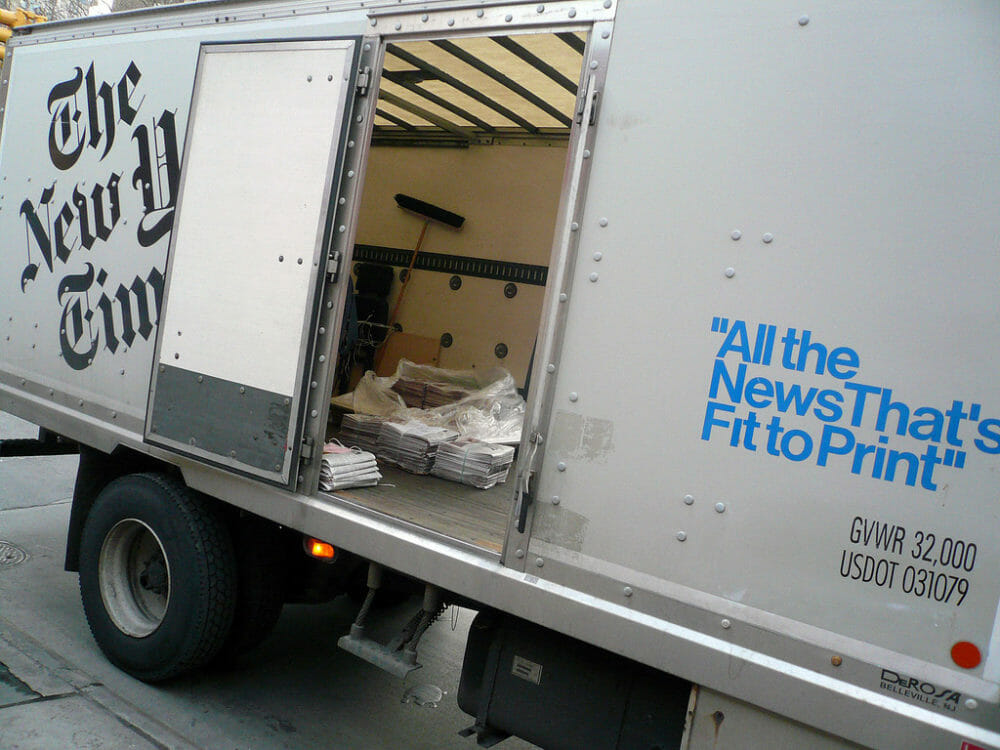 Eat the Press
Eat the Press
 Kizuna Announces Fourth Annual Family Showdown Event
Kizuna Announces Fourth Annual Family Showdown Event
 What is Cold Harbor in 'Severance'? Here's everything we know.
What is Cold Harbor in 'Severance'? Here's everything we know.
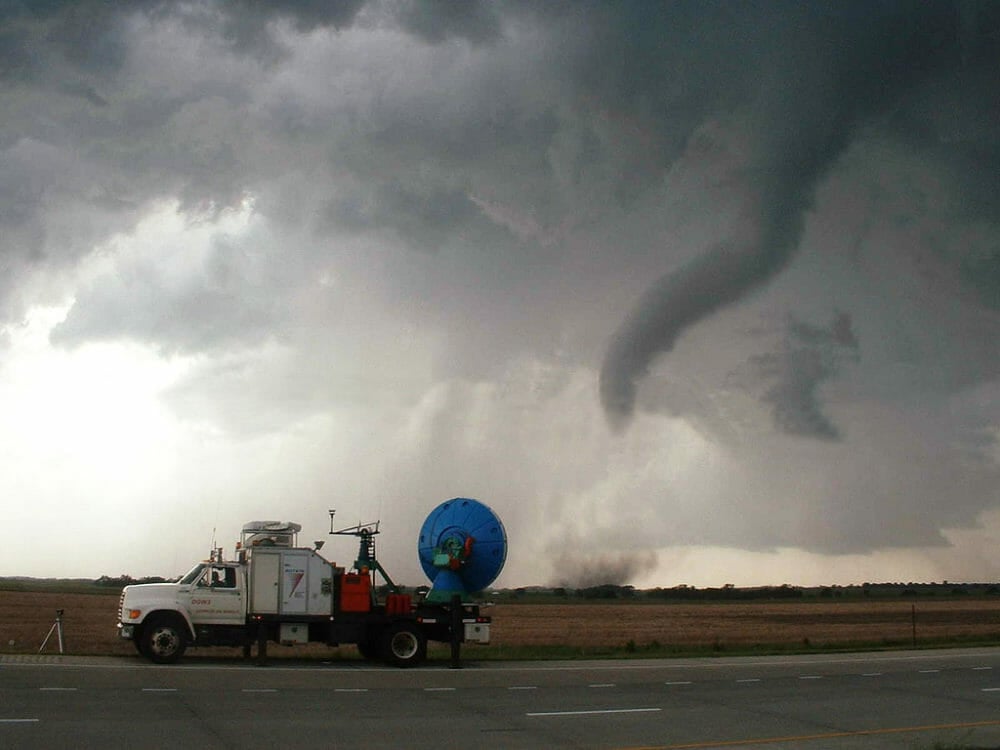 Stranger than Fiction
Stranger than Fiction
 'Severance' is borrowing a brilliant idea from 'Terminator 2'
'Severance' is borrowing a brilliant idea from 'Terminator 2'
 INTO THE NEXT STAGE: Week of Judgment for Television Shows Featuring Asian Americans
INTO THE NEXT STAGE: Week of Judgment for Television Shows Featuring Asian Americans
 Meta built content censorship system to break into China, report says
Meta built content censorship system to break into China, report says
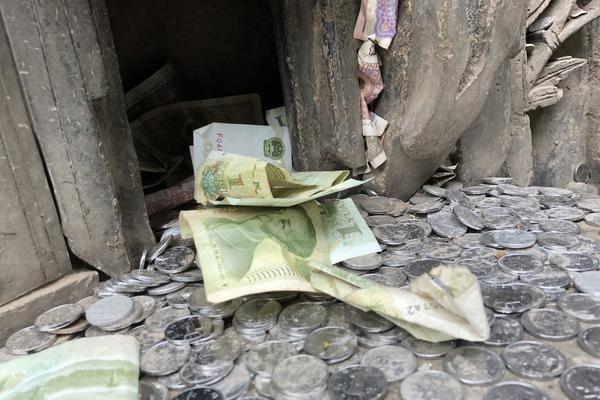 FlatQube Launches QUBE Utility Token as Everscale Bolsters DeFi Offerings
FlatQube Launches QUBE Utility Token as Everscale Bolsters DeFi Offerings
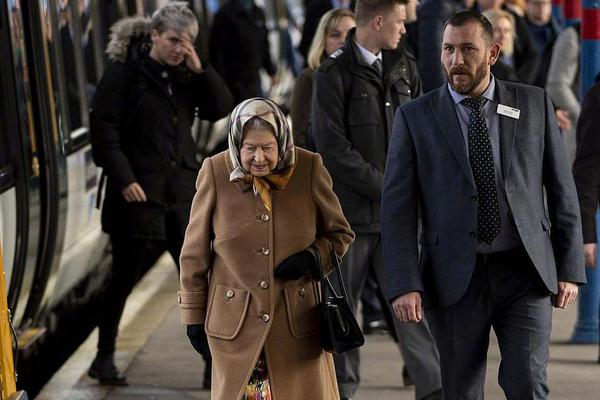 NYT Connections hints and answers for March 12: Tips to solve 'Connections' #640.
NYT Connections hints and answers for March 12: Tips to solve 'Connections' #640.
 Google cracks down on Chrome extensions following Honey scandal
Google cracks down on Chrome extensions following Honey scandal
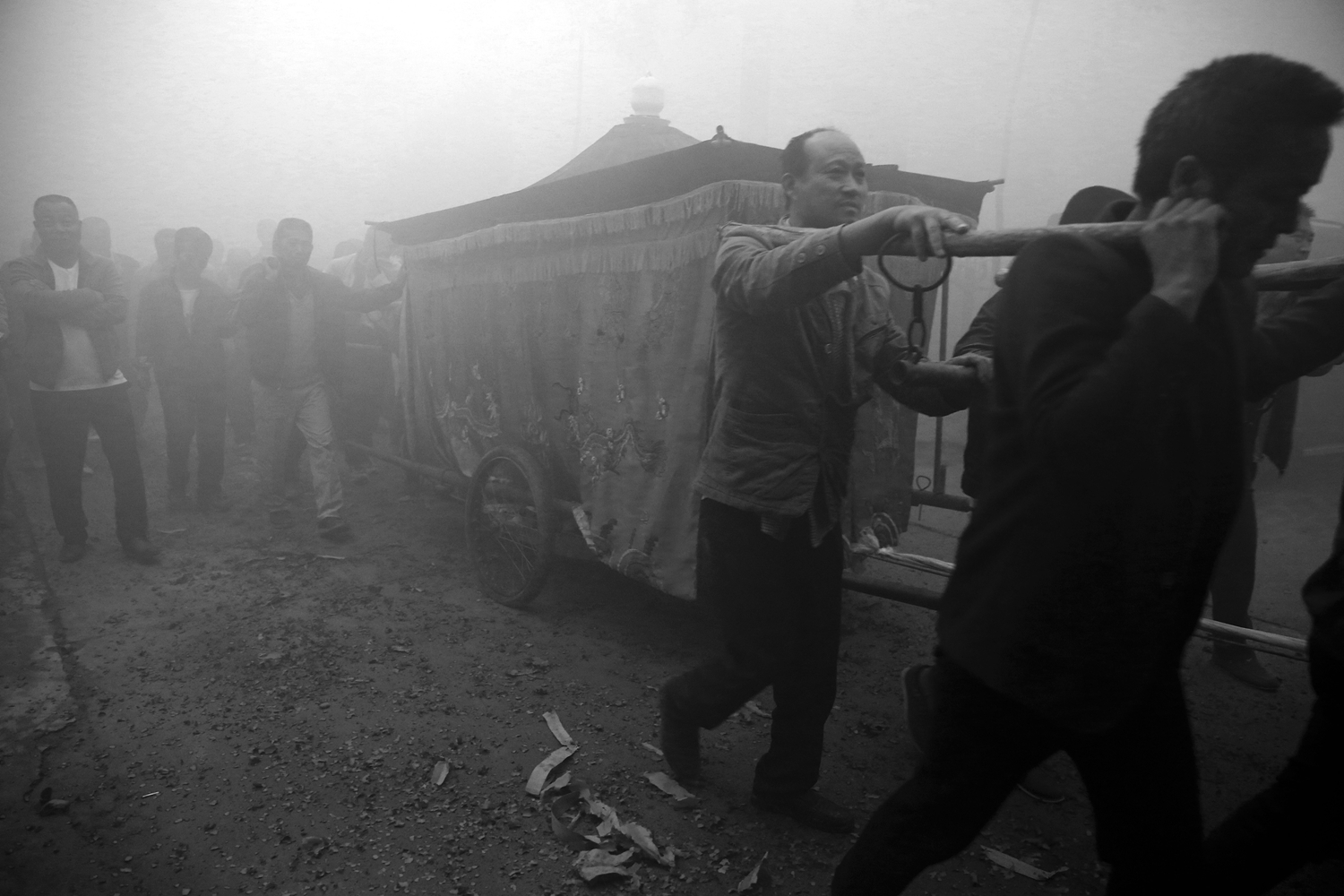 NYT Connections Sports Edition hints and answers for March 12: Tips to solve Connections #168
NYT Connections Sports Edition hints and answers for March 12: Tips to solve Connections #168
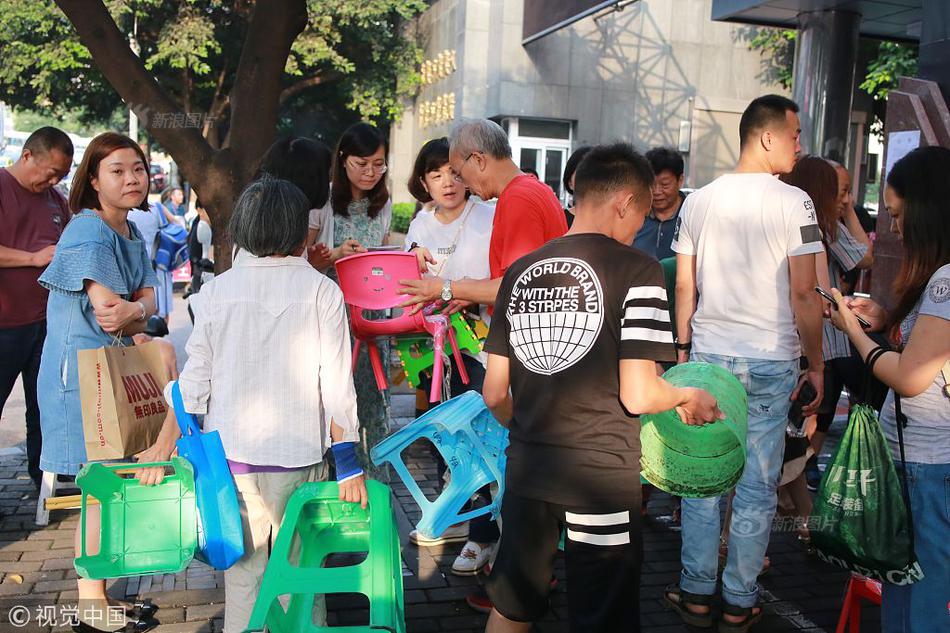 Mavatrix Gets Listed on Binance NFT
Mavatrix Gets Listed on Binance NFT
 Putting Millions Back to Work
Putting Millions Back to Work
 Southwest spring sale: $49 one
Southwest spring sale: $49 one
 Best earbud deal: Get the Sony Inzone wireless gaming earbuds for their lowest price
Best earbud deal: Get the Sony Inzone wireless gaming earbuds for their lowest price
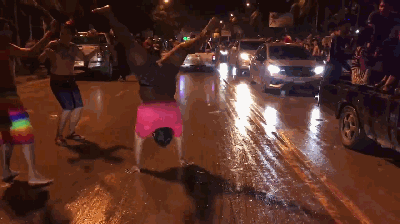 LBank and Shiba Doge Host Turkey Community to an Iftar Cruise Dinner
LBank and Shiba Doge Host Turkey Community to an Iftar Cruise Dinner
 Best earbuds deal: Save 33% on the Anker Sleep A20 earbuds
Best earbuds deal: Save 33% on the Anker Sleep A20 earbuds
Mariah Carey passes the torch to Lil Nas X after 'Old Town Road' breaks Billboard record'Four Weddings and a Funeral' is romSoon you might be able to access Google Play content for $4.99 a monthTrump shoots down Apple's Mac Pro requestHBO Max adds BBC series 'Doctor Who' and 'The Office' to launch lineup#MeToo survivors seeking mental health help find it's hard to access'Four Weddings and a Funeral' is romOriginal 'DOOM' trilogy arrives on Nintendo Switch, PS4, and Xbox OneBlood banks in El Paso 'overwhelmed' by donations after mass shootingMarty the grocery store robot is a glimpse into our hell Nekr0 высказался после победы Amkal над X Team Miyatake Exhibition Closes Sunday BetBoom Team против Team Spirit — ставки на киберспорт Savage заработала слот на LAN Free Readings of ‘Question 27, Question 28’ Virtus.pro выиграла вторую встречу на групповом этапе Winline EPIC Standoff 2 PawPaw: Ep.1 Virtus.pro стала чемпионом 1win Bombshell Vol. 5 по Deadlock Ronin Stones at Grand Star Jazz Club ‘Allegiance’ Returns to the Big Screen Allen Say Day at JANM
0.1513s , 10003.203125 kb
Copyright © 2025 Powered by 【????? ?????? ??????? ???????? ??? ??????】VOX POPULI: A Chillingly Familiar Scenario,Global Hot Topic Analysis